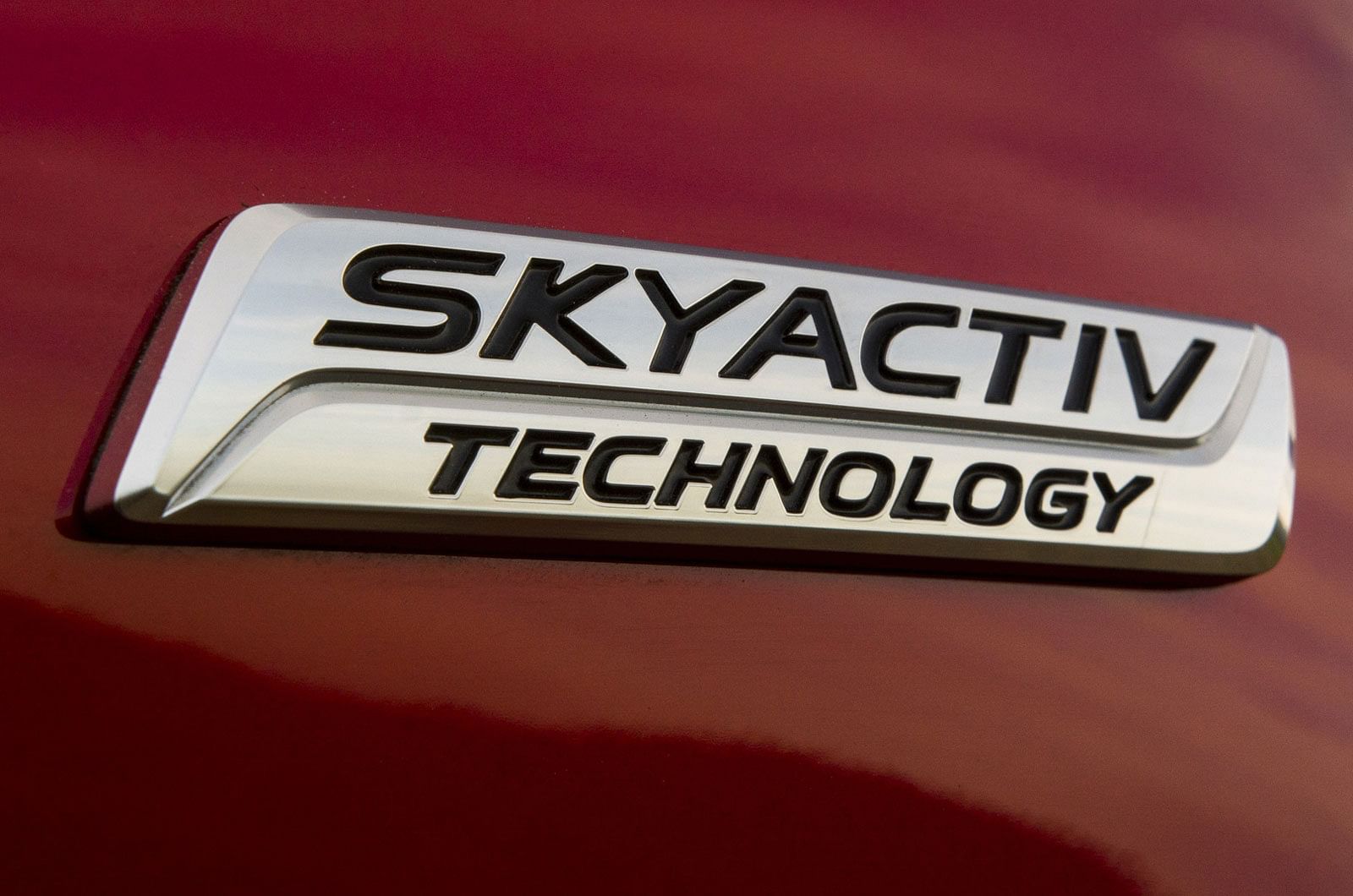Innovative Mazda Skyactiv-X petrol engines to be ‘cleaner than electric’
Car maker set to produce world’s first compression ignition petrol engine, claiming 'well-to-wheel' emissions that beat electric vehicles.
Mazda has pledged that its next generation of petrol-engine vehicles will be cleaner than electric cars due to the use of efficiency-boosting compression ignition technology.
The Japanese company is developing a new range of engines called Skyactiv-X, which are set to replace the current Skyactiv-G range in 2019. They use compression ignition technology that has previously only been used in diesel engines. Mazda claims the results improve efficiency by up to 30% over its current petrol units, matching or even improving on the brand’s Skyactiv-D diesel engine range range.
Mazda said this will enable Skyactiv-X engines to produce lower carbon dioxide emissions than electric drivetrains from a 'well-to-wheel' perspective - which accounts for the whole life cycle of a vehicle and the fuel needed to power it. Mazda has been developed the new technology for several years, as first reported by Autocar UK in 2014.
Compression ignition technology has not yet been used on a mass production scale in petrol engines. The system, labelled Spark Controlled Compression Ignition, mixes petrol and air together in the engine’s cylinder like a regular spark ignition engine, but then ignites it using compression at lower load or with a spark at higher loads. This means around half the volume of petrol is required for the same combustion level across most of the rev range.

Mazda director Kiyoshi Fujiwara, who have oversight of the firm's R&D programme, explained that this “very lean air-fuel mixture that is too lean to combust by spark ignition [alone] can combust by this method cleanly and rapidly”. He added that this enables "better thermal efficiency, improved fuel economy and lower nitrogen oxide emissions". Other benefits include higher efficiency across a wider range of revs, thus improving engine responses and performance.
The company has pursued this technology because it believes spark ignition technology is reaching its peak. Mazda also argues that while electric technology produces no emissions from a car's tailpipe, it is yet to represent a truly sustainable option on a global scale because much of the world’s electricity grids are still powered by fossil fuels.
As part of its Sustainable Zoom-Zoom 2030 plan, Mazda has pledged to reduce corporate average well-to-wheel CO2 emissions to 50% of 2010 levels by 2030, before reducing them by 90% by 2050.
The company will begin introducing electric technology into its range from 2019, but has stated that it will focus sales of these models in regions where sustainable energy is produced. It will continue to invest heavily in petrol technology beyond this point, citing a continued growth of combustion engine demand in other regions, such as developing economies.
RELATED ARTICLES
Autoliv Plans JV for Advanced Safety Electronics With China’s HSAE
The new joint venture, which is to be located strategically near Shanghai and close to several existing Autoliv sites in...
JLR to Restart Production Over a Month After September Hacking
Manufacturing operations at the Tata Group-owned British luxury car and SUV manufacturer were shut down following a cybe...
BYD UK Sales Jump 880% in September to 11,271 units
Sales record sets the UK apart as the largest international market for BYD outside of China for the first time. The Seal...






 08 Aug 2017
08 Aug 2017
 5311 Views
5311 Views





 Ajit Dalvi
Ajit Dalvi




